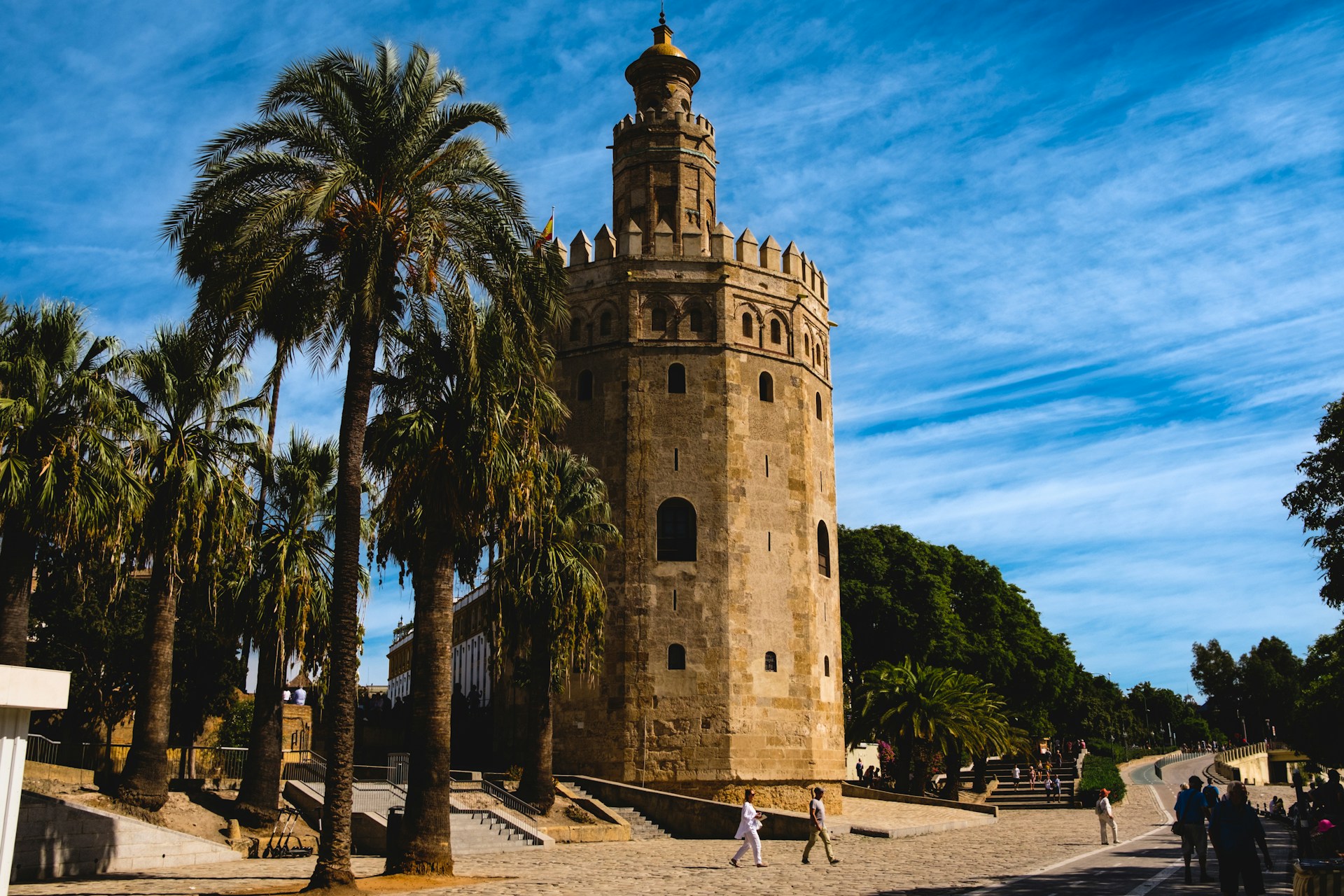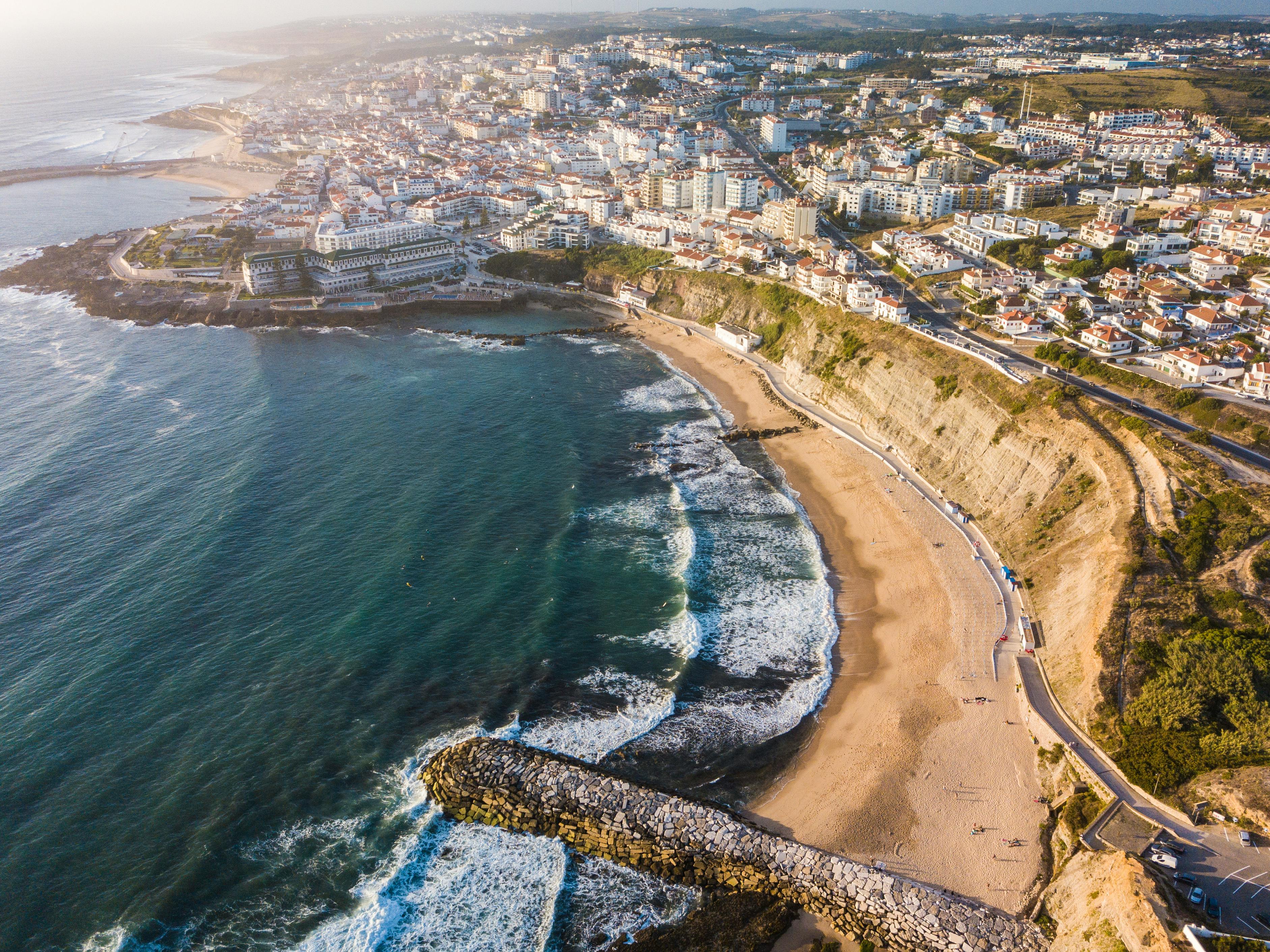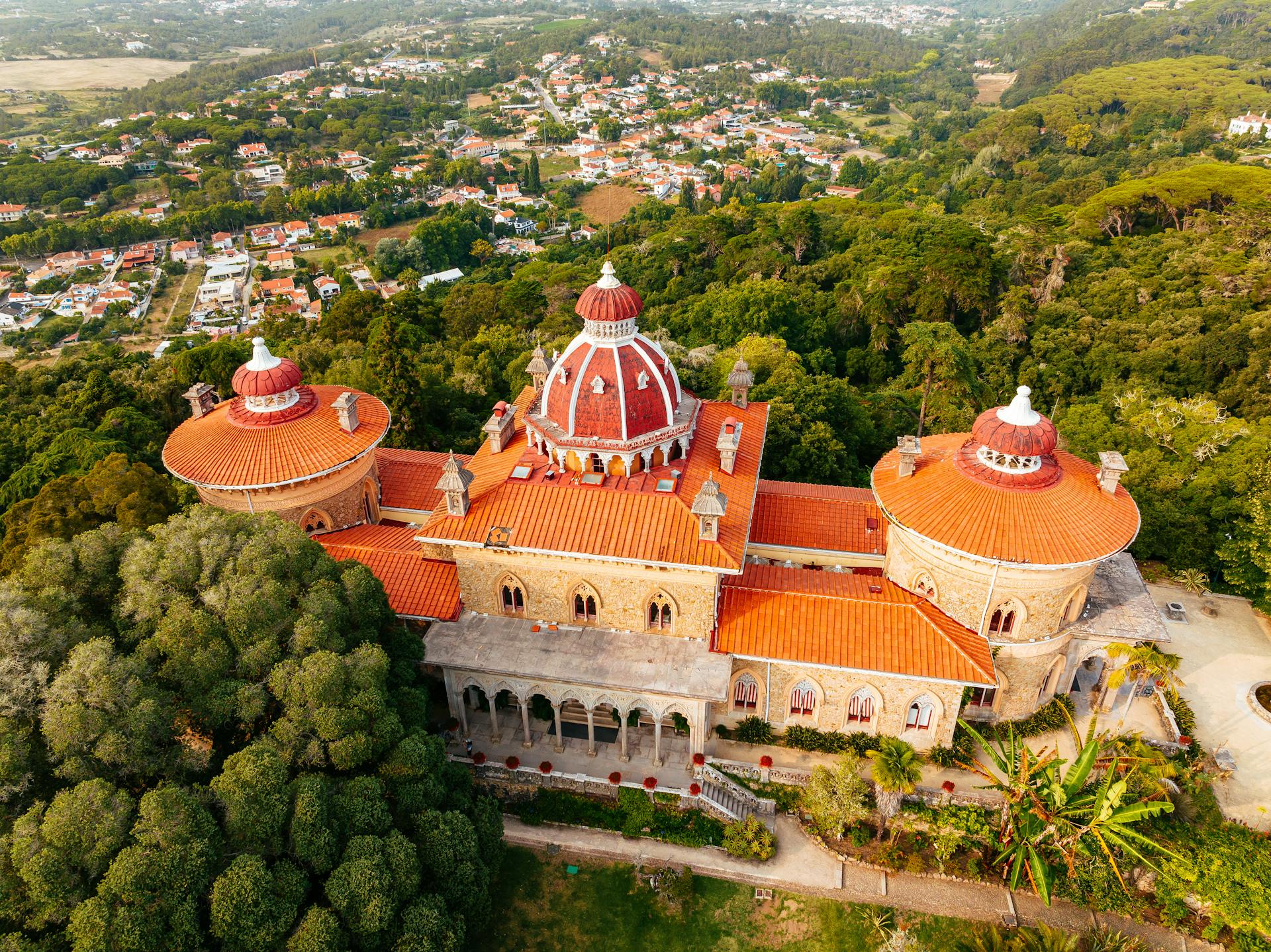How to Get Portuguese Citizenship in 2025: All New Rules

- Remove the current class from the content27_link item as Webflows native current state will automatically be applied.
- To add interactions which automatically expand and collapse sections in the table of contents select the content27_h-trigger element, add an element trigger and select Mouse click (tap)
- For the 1st click select the custom animation Content 27 table of contents [Expand] and for the 2nd click select the custom animation Content 27 table of contents [Collapse].
- In the Trigger Settings, deselect all checkboxes other than Desktop and above. This disables the interaction on tablet and below to prevent bugs when scrolling.
In a move set to reshape the country's nationality framework, the Portuguese Government has enacted significant changes to its Citizenship Law. Approved in June 2025, the revised legislation is designed to tighten access to naturalization, clarify residency requirements, and address long-standing inconsistencies. The reform also seeks to maintain Portugal’s appeal to legitimate long-term residents, foreign families, and investors pursuing European citizenship and residency.
Whether you're pursuing dual citizenship, a Portuguese passport, or recognition through marriage or descent, the revised legislation demands close legal and tax scrutiny. To avoid delays or setbacks, it’s crucial to understand the new rules and application procedures.
The 2025 Nationality Law Reform
One of the most impactful updates concerns the calculation of residency periods for naturalization. Time spent in Portugal under a valid residence permit—whether still active or expired at the time of the Portuguese Citizenship Application—now counts toward the five-year legal residence requirement. This correction resolves one of the most contentious issues in previous applications, where delays in permit renewals or application processing could invalidate an otherwise complete timeline.
The new law recognizes the concept of “legal stay” more broadly, a shift that aligns administrative practice with constitutional principles and brings overdue consistency to the system.
How to Get Portuguese Citizenship: Main Legal Pathways
In June 2025, the Council of Ministers approved a new proposal to amend the Nationality Law. The draft sent to Parliament includes the following key revisions:
Naturalization Through Residency
Applicants must demonstrate:
- A minimum of 10 years of legal residence for most applicants (7 years for nationals from the Community of Portuguese Language Countries (CPLP)).
- No serious criminal convictions (defined as a sentence of three years or more).
- Basic proficiency in Portuguese.
- Evidence of integration into Portuguese society.
The new law ensures that the clock for residency begins with the first legal permit, not the most recent renewal.
Portuguese Citizenship by Descent
Under the new nationality law, citizenship by descent is open to:
- Children of Portuguese nationals, with proof of direct lineage via official civil records.
- Grandchildren of Portuguese nationals, with additional evidence of an effective connection to the Portuguese community. This may include basic knowledge of the language, regular visits, property ownership, or cultural affiliation.
Great-grandchildren are not eligible, as naturalization by ancestry is limited to the second generation.
Portuguese Citizenship by Marriage
Under the current reform:
- Individuals married to a Portuguese citizen or in a civil union for three years may apply.
- Proof of an effective connection to the national community is necessary.
- No minimum period of residency in Portugal is required for this route.
The current administration has maintained this route but has introduced additional verification procedures to prevent fraudulent claims, as noted on the Portuguese Government's official portal.
Portuguese Nationality Through the Sephardic Connection
Under the revised nationality law, this route is now subject to stricter requirements. To be eligible, applicants must:
- Prove Sephardic Jewish ancestry linked to historic Portuguese communities.
- Provide documentation confirming genealogical lineage and community or cultural ties to Portugal.
- Demonstrate an “effective connection” to the country, now more narrowly defined and closely verified.
Importantly, the government has extended the application deadline to December 31, 2025, for those applying under the previous criteria. From January 2026 onward, no new applications will be accepted under this route, in line with the government's stated intention to phase it out, as reported by ECO.
Children Born in Portugal to Foreign Parents
According to the new nationality law, children born in Portugal to foreign nationals can apply for Portuguese citizenship if:
- At least one parent has been legally residing in Portugal for three years at the time of the child’s birth.
- A formal application is submitted, as citizenship is no longer granted automatically.
This change reverses the previous one-year residency threshold introduced in 2020 and re-establishes a more restrictive standard.

How to Apply for Portuguese Citizenship
The Portuguese Nationality Application process is managed by the Central Registry Office (Conservatória dos Registos Centrais) or local civil registry offices. Applications must include:
- Valid identification documents.
- Criminal record certificates from both Portugal and the country of origin.
- Language proficiency proof (usually A2-level Portuguese).
- Documentation supporting the legal route chosen (e.g., marriage certificate, ancestral documents, residency records).
In most cases, certified translations and legalizations (apostilles) are required. Inaccurate or incomplete submissions can significantly delay processing.
Portuguese Nationality Application: Processing Time
While the Portuguese Government stipulates a maximum decision period of 90 days, actual processing times are often much longer due to administrative delays. Unofficial estimates from immigration professionals and other sources suggest that the process may take between 18 to 29 months, depending on the application category and documentation completeness.
Portuguese Nationality Application Status
Applicants can track the Portuguese Nationality Application Status via the online IRN (Instituto dos Registos e Notariado) portal using the unique application code. While helpful, the system is not always updated in real-time. For those with time-sensitive cases (e.g., passport issuance or family reunification), monitoring and, where necessary, escalating through legal representation is advisable.
How to Obtain a Portuguese Passport
Once citizenship is granted, individuals may apply for a Portuguese passport at any IRN office or Loja do Cidadão. The passport is biometric, valid for 5 years (for adults), and grants visa-free travel to about 190 countries. Processing time is generally under 10 business days.
Portuguese Citizenship Tax Implications
Obtaining Portuguese citizenship does not automatically alter tax status. However, citizenship combined with physical presence (more than 183 days a year) or maintaining a habitual residence in the country will trigger tax residency. Portuguese tax residents are subject to global income reporting and national tax obligations.
Dual nationals should seek cross-border tax advice to manage exposure, particularly regarding real estate, inheritance, and exit strategies from other tax regimes.
Final Considerations
Portugal’s 2025 nationality law reform introduces updated criteria across several citizenship pathways, including descent, long-term residence, and marriage. The changes aim to standardize procedures, clarify residency calculations, and strengthen oversight in areas previously subject to legal uncertainty.
With heightened scrutiny, accurate legal guidance and tax planning and preparation are no longer optional but essential.
For those considering an application, consulting with a tax or immigration advisor can provide clarity and ensure alignment with the current framework.
At Tytle, we provide global tax services, including:
- Accounting/bookkeeping
- Accurate tax filing
- Estate planning
- Cross-border advice
- Immigration services
- And much more!
For more international tax advice, feel free to explore: “How to Move to Portugal in 2025? A Guide to All Visa Types” and “Portugal's D2 Visa: Entrepreneurship and Residency for Expats”.
See our latest articles
Get affordable tax help in Portugal now!





.png)
























.webp)
.webp)



.webp)
.webp)

.webp)


.webp)





